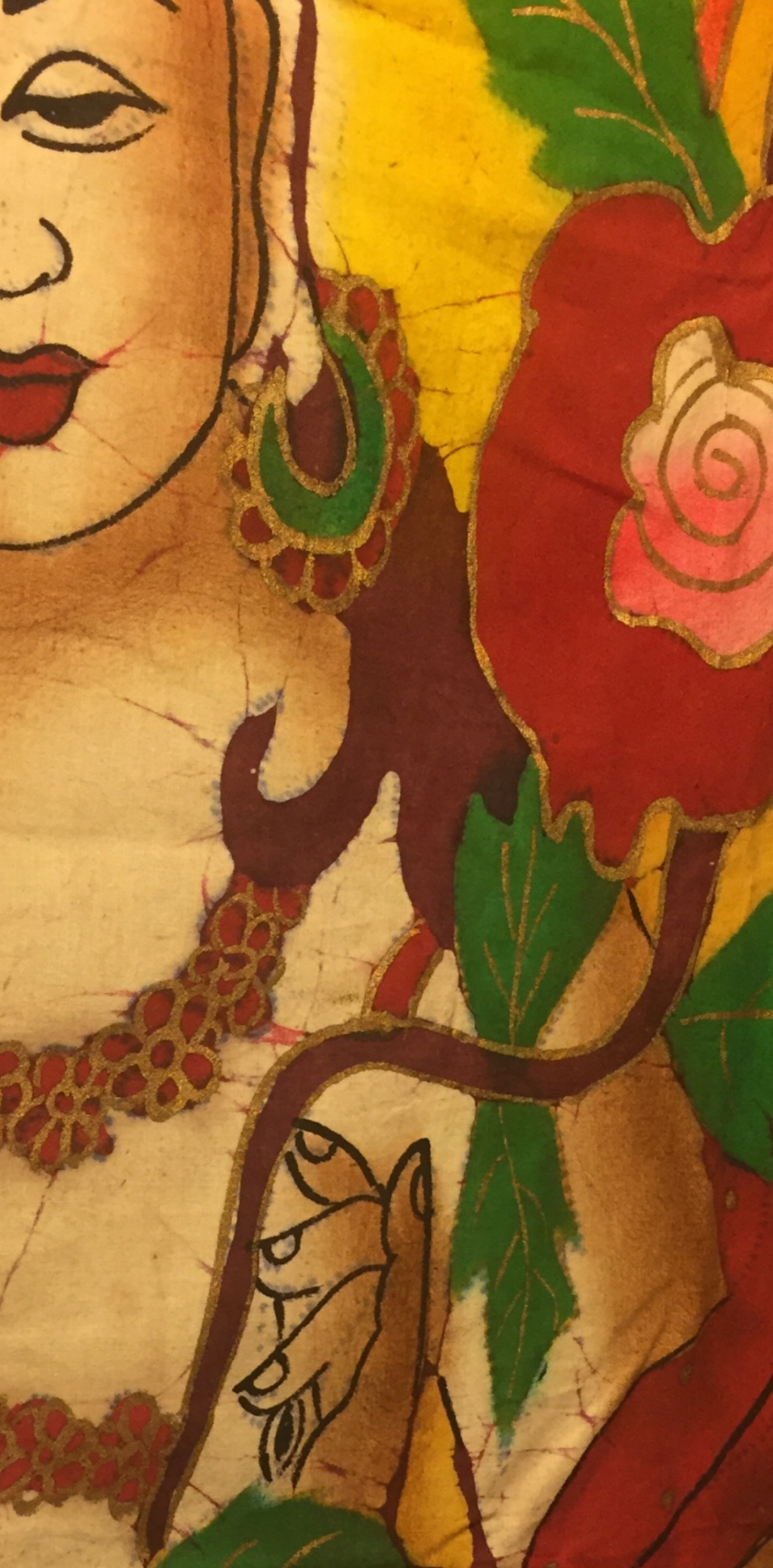Dandelion (Taraxucum officinale) Aster family
Identification: leaf - Teeth of the lion. Rosettes of Dandelion leaves have rosettes that face toward the center of the plant and Shepherd's Purse leaf rosettes face outward. dandelion leaves will put out a milky white sap. Single stem flower without any leaves or other flowers. Sow Thistle - multiple dandelion heads and many leaves on stem with lots of thorns. Dandy toothed leaves have no hair at all.
Fun/interesting facts: are not weeds; rather, they are classified as an official medicinal plant by the United States Pharmacopeia. Survivor plant. dates back to the 10th and 11th centuries in the Middle East. It was used in TCM to ease liver problems. eradication is impossible… alliance is only alternative
Taste/Impression: Bitter, salty, permanent.
Nutritive/alkalizing - dark leafy greens/ deep reaching 3’ roots. Vitamins A, B complex, C, E, protein, rich in phosphorus and magnesium. Bend over Vitamin C - 2 leaves a day. Regular consumption of dandelion leaves will reportedly improve tooth enamel (likely due to dandelion’s high calcium content). Mineral rich, high in carotenes, vitamin C, potassium, calcium. almost as much iron as spinach (the first powerfood), and four times its Vitamin A content - highest of any leafy green.
Diuretic - leaf - increases circulation and fluid waste elimination in the body, without depleting the body of important nutrients. The leaves and roots are a great bitter diuretic without losing potassium. Gain potassium and iron - drink a few cups before onset of monthly bleeding to reduce water retention.
Flowers: Vulnerary - treat wounds & anodyne - soothes pain. The sap is a folk remedy for vanishing warts.
Galactagogue - leaves - increase/induce breast milk production
Bitter before a meal - leaf and root - Many cultures ingest dandelion or other bitter greens in a salad or as an appetizer. This bitter aspect tones digestive tract, increases appetite & hydrochloric acid in the stomach, sends messages to the liver to prepare for digestion and breakdown fats, gallbladder to produce bile and intestines to step up peristalsis. assimilate more nutrients from our food, and problems like gas and constipation are decreased. The more bitter (larger leaves) the better for these functions!
Hepatic - support the liver during/after hepatitis. Root - Supports liver function. a potent liver tonic and rejuvenator, prized as a spring tonic by many cultures. high amounts of choline, an important liver nutrient. The flowers are full of lecithin, which has proven useful in various liver ailments.
Deobstruent: slowly loosens and removes obstructions to health, wholeness, vitality:
Depurative - removes impurities. very cleansing. Lithotriptic (Root tea dissolves kidney and bladder stones). Root used for kidney inflammation.
cholagogue - increases bile secretions in the gallbladder prevent gallstones
Aperient/laxative (gentle opener to the bowels) relieves constipation. mildly promotes bowel function.
Dandelion root Coffee substitute - similar to chicory. Dandelion sold in the store is often her sister Chicory.
Young leaves are delicious in salads (flowers), soups, stir fries and smoothies. Leaf- bitter, salty.
Dandelion oxymel
Dandelion blossoms in hot water and honey to soothe coughs. Wine.
Pickled root is excellent for treating chronic illnesses such as asthma, leaky gut, wheezing.
Dandelion Cordial, harvest 2 to 3 cups dandelion blossoms, 2/3 cup sugar, rind of ½ organic lemon, 1 quart vodka. Cut off green bottoms of unwashed blossoms. Mix all ingredients and put in a jar, capping and storing in a dark place. Shake daily to dissolve sugar. After two weeks, strain through filter paper and store in a bottle with a tight fitting cap.
Late season harvest - root/flower - greatest medicinal quality, bigger root, bees have more alternatives. Young greens taste best.
Virtually no toxicity - can be used long term. Good for aging folks to keep functions moving.
Contraindications:
The pollen from dandelions may cause allergic reactions when eaten, or adverse skin reactions in sensitive individuals. Reactions like itching, rashes and runny nose in people who are allergic to ragweed, chamomile, chrysanthemums and marigold. kidney problems and gallbladder disorders consult with your physician.

